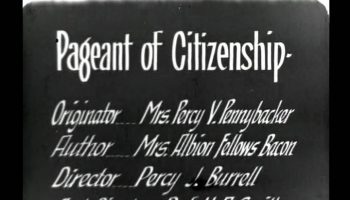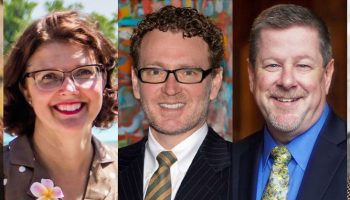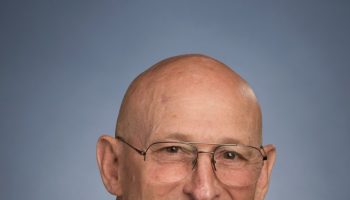This epoch of ours is often called “The Information Age” because the advent of the computer created a revolution in how knowledge is stored and shared. More information is available to more people now than at any time in human history.
New technologies to help us navigate this world of data have grown like weeds, but there is one traditional institution that remains an invaluable arbiter in what is real and what is not: the public library.
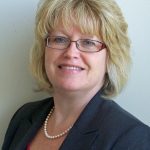 “People today are bombarded with information from all directions,” said Mary Jean Jakubowski, director of the Buffalo and Erie County Public Libraries. “Librarians have the training and tools, the legitimate resources, to help make informed decisions. Information is available everywhere, but it is not necessarily good information. That’s why we need libraries.”
“People today are bombarded with information from all directions,” said Mary Jean Jakubowski, director of the Buffalo and Erie County Public Libraries. “Librarians have the training and tools, the legitimate resources, to help make informed decisions. Information is available everywhere, but it is not necessarily good information. That’s why we need libraries.”
At 3:30 p.m. Tuesday, July 3 in the Hall of Christ, Jakubowski will be a panelist in a presentation called “The Public Library and Public TV and Radio’s Role in Shaping America’s Identity,” part of the Oliver Archives Heritage Lecture Series and the 2018 Buffalo Day at Chautauqua programming. She will be joined by Kathryn Larsen, the senior director of broadcasting at WNED-TV and radio in Buffalo, and Dennis Galucki, founder of Buffalo Day at Chautauqua and the creator and curator of websites that promote lifelong learning.
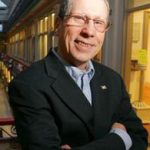 Libraries have been around for thousands of years as both repositories of knowledge and as places for people to come together to share ideas. America has long embraced the library as a symbol of egalitarian opportunity, a kind of secular church open to everybody.
Libraries have been around for thousands of years as both repositories of knowledge and as places for people to come together to share ideas. America has long embraced the library as a symbol of egalitarian opportunity, a kind of secular church open to everybody.
Thousands of public libraries sprung up across the nation in the 19th century, funded largely by philanthropists like the steel magnate Andrew Carnegie, who helped create more than 2,000 of them.
Just as American identity has evolved, so have libraries. Over the last 25 years or so, public libraries have shown a surprising adaptability in reinventing themselves in a world that is changing with disorienting speed.
“Every public library is different, but each one offers the community a unique set of services,” said Jakubowski, who grew up in West Seneca and joined Buffalo and Erie County Public Libraries in 1992. “A library is not just books. If people haven’t been to a public library in some time, they should go there to find a surprising range of activities and events, from technology, movies and free Wifi to meeting rooms and knitting groups and children’s story times. Even job fairs.”
As much as libraries have changed, they all still remain committed to the pursuit of knowledge. At a time when objective facts are called into question, when lies and misinformation are given an equal footing with the truth and news from once-trusted sources is branded fake, it’s reassuring to know that there is somewhere to go for straight answers.
“Librarians are trained to identify what is real and what is not real,” Jakubowski said. “Someone comes in with an article they found on the web and asks, ‘Is this real?’ and a librarian can help them.”
Jakubowski suggested that libraries can play an increasingly important role in fostering civil, civic discourse among Americans — our neighbors who use their library.
“The public library is a public forum where democratic discussion can be held. It’s an American gathering place.Libraries recognize the importance of partnership. We all need to work together for the betterment of the community. Why not have the library take the lead?”
-Mary Jean Jakubowski, Director, Buffalo and Erie County Public Libraries


